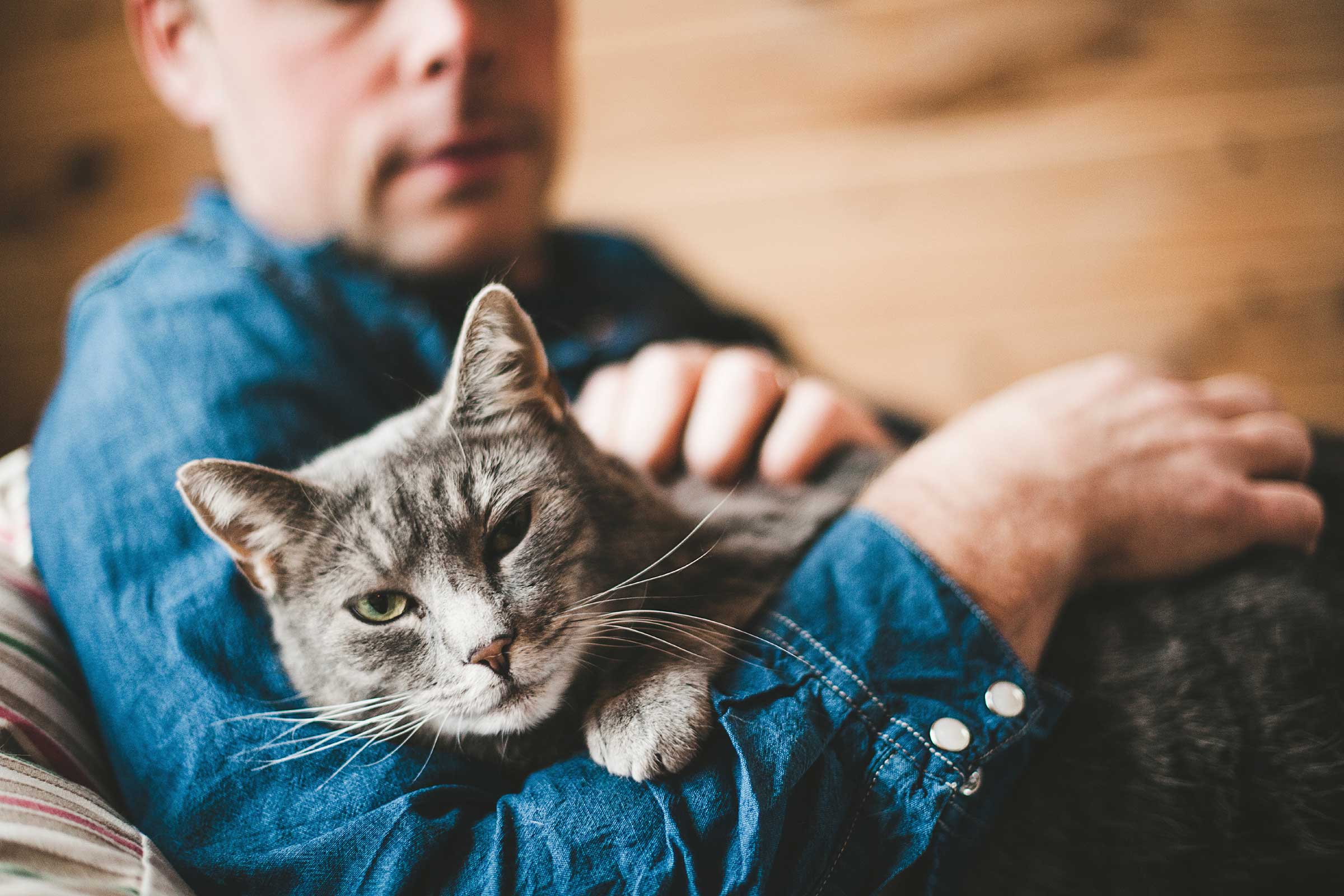Mental Health Monday – Talking to your pet is not so wacky after all
Owning a pet increases human interaction and combats the increasing health concerns around loneliness, prompting some researchers Tuesday to suggest the government should do more to encourage it.
Researchers released new data Tuesday that show about 40% of people support a government push to increase interaction with pets. The research was presented at the first Summit on Social Isolation and Companion Animals by Mars Petcare and the Human Animal Bond Research Institute. Mars Petcare even gives consumers tips on how to convince government officials to make their cities more pet friendly.
Loneliness is as dangerous to health as smoking 15 cigarettes a day, according to one researcher. That makes it a health concern on par with obesity.
Nancy Gee, human-animal interaction research manager at Mars’ Waltham Centre for Pet Nutrition, says showing other people pictures of your pet and even talking to that cat or dog are both typical and healthy behaviors.
“When we think about loneliness, we need attachment figures and pets meet that need,” says Gee. “You don’t have to worry about confidentiality or judgement. It just is what it is.”
Former Surgeon General Vivek Murthy, who spoke at the conference, would sometimes get teased by staff members when he posted pictures on social media of his cats. But those homeless cats his family took in were near and dear to them, he said. In April 2017, his official Surgeon General Instagram account on National Pet Day included one of his cats in a kitchen drawer and said his three cats were named Laddu, Mouli and Surya.
“The greatest gift of animals is they remind us we can love and be loved unconditionally,” says Murthy, who spoke at the Tuesday conference.
Since leaving office in 2017, Murthy has focused on what he says is the public health problem of loneliness, He has a book coming out next April on the topic.
The caricature of reclusive hoarders and pets wasn’t borne out in the online survey of 2,036 people, which included 1,469 pet owners for HABRI and Mars Petcare.
Among the findings:
•More than half (54%) of respondents say their pet helps them connect with other people. And 51% said their pets make them “feel less shy.”
•About one in four pet owners said they got a pet because they know it is good for mental health. More than half of people 55 and over got their pet for that reason.
•Nearly three-quarters (73%) of those surveyed believe nursing homes and assisted-living facilities have a degree of responsibility to foster pet interaction.
Murthy says it still remains to be seen whether pets literally make people healthier or if healthier people are more likely to own pets. It’s “worth investing in the research” to better understand how interaction and ownership affect health.
“You may not have to own a pet to gain benefits,” says Murthy. “What’s important to think about is how to make interaction easier..”
Kelly Schulte of Highland Park, Texas isn’t surprised by the findings. Her dogs are “never mad or bitter,” and really curb her anxiety, says Schulte. Her small rescue dog, Karma, helped her get over a recent surgery and follows her around like, well, “a puppy dog.”
“My dog is always there for me and brightens my day,” says Schulte. “I never feel lonely at home because she is always by my side. Before I got her, I felt lonely a lot.”
So do the pets.
Murthy notes that all the stray animals also “need care, companionship and human beings in their life.”
“We need to do a better job matchmaking,” he says.
If you are interested in connecting with people online who have overcome or are struggling with issues mentioned in this story, join USA TODAY’s “I Survived It” Facebook support group.









Recent Comments